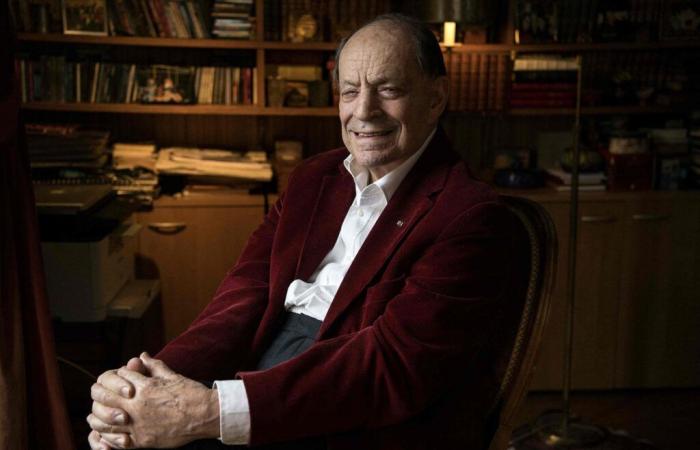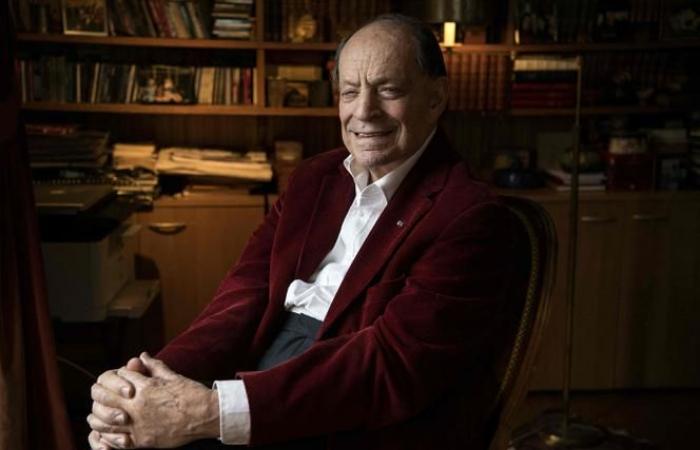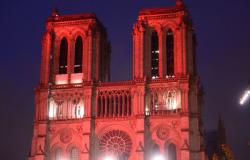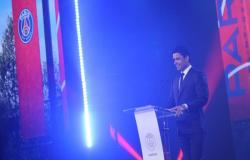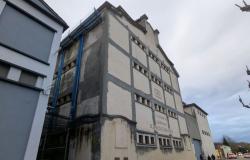The anecdote, which entered the legend of Edith Piaf – consequently in the history of French song -, was to constitute one of the striking scenes of The Kid (2007), the biographical film of Olivier Dahan. On October 5, 1960, the lyricist Michel Vaucaire (1904-1980) and his composer partner Charles Dumont obtained an unexpected audience at the Parisian home of the singer, who was in very bad shape. They appear at 67, boulevard Lannes, in 16e borough, with a title that they tailor-made for her four years earlier. However, Piaf has already rejected him three times because she finds him autocaricatural. And she has no desire to see again this Dumont whom she previously dismissed without ceremony.
After waiting for a long time, the two men were finally received. At 31, Dumont tried his luck one last time by performing on the piano No, I don't regret anything. Dramatic twist. This time, the broken bird hears the song that will bring his return to the stage. It will be from December 29, 1960 at the Olympia, with morphine to relieve the pain. And Piaf will offer in his recital other songs from the Vaucaire-Dumont tandem, such as My God or The Flonflons of the ball.
Thus was launched the career of Charles Dumont, who died Monday November 18 in Paris, at the age of 95. With an immense task, since the dubbing designated him as successor to the great Marguerite Monnot (1903-1961) whom Piaf had just dismissed without notice. For his client, Dumont will sign around thirty music, such as that of lovers (performed as a duet to lyrics by Piaf) or that of I rely on youfrom a text by Jacques Brel. “La Môme” unfortunately did not have time to record the latter since she died on October 10, 1963. Dumont took up the challenge and was able to fully launch himself as a performer with a first album published in 1964.
Trumpet and organ
Born on March 26, 1929 in Cahors, the musician had first considered devoting himself to jazz since he was overwhelmed by the genius of Louis Armstrong (1901-1971). The teenager logically took up the trumpet, which he studied at the Toulouse conservatory, and set off to attack the capital with the idea of joining the Republican Guard orchestra. His ambitions are ruined by tonsil surgery. Playing the instrument causes hemorrhages and he must give it up.
But not to music: he reconverted by learning the organ taught to him by Paul-Silva Hérard (1883-1961), head of the Saint-Ambroise church, in the 11e Parisian district. Harmony enriches his palette and Dumont turns to composition by placing music alongside Dalida, Gloria Lasso, Lucienne Delyle or Cora Vaucaire, the wife of his lyricist friend.
You have 42.19% of this article left to read. The rest is reserved for subscribers.

